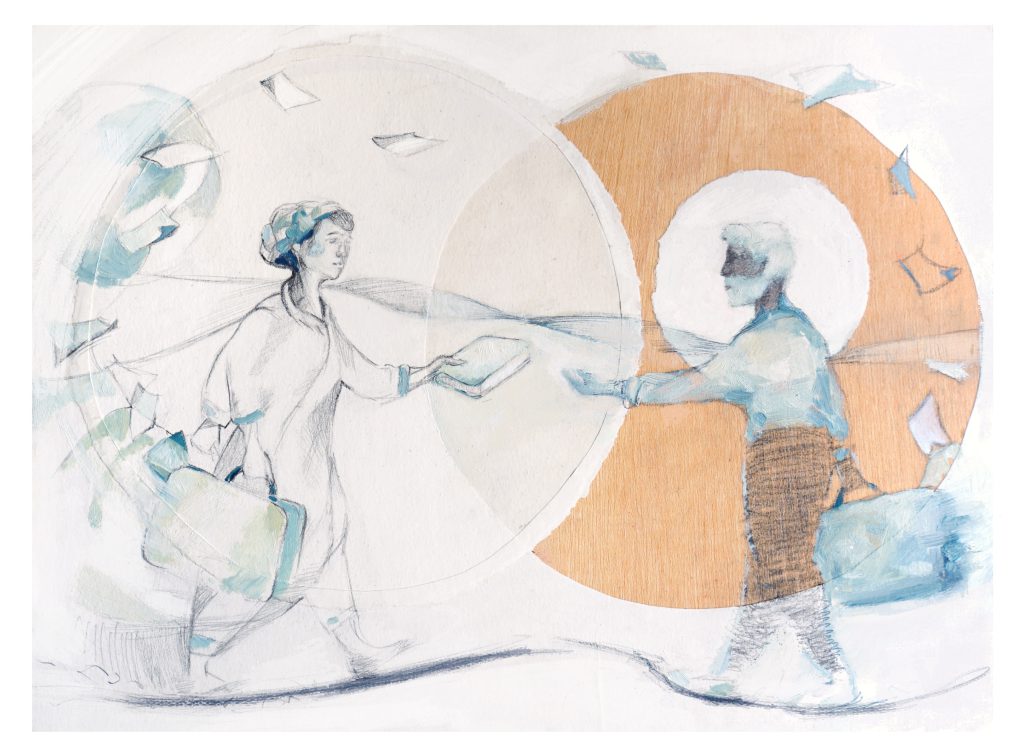Our Research
Global Literary Environments research line
This line of research analyses the uses and representations of global environments in literature and other cultural realms, including cinema and sciences. The category of space and how spaces have been connected by the displacement of people are taken as key elements to observe the process of cultural interconnection produced in multiple places by human agents that we understand as cultural mediators. We look at, for instance, global environments that have been connected by the displacement of intellectuals, scientists and writers. The aim is to analyze how different patterns of global modernity have been created by the experience of displacement of intellectuals through different spaces.

On the other hand, we examine the contradictions and ambivalences produced by spaces that are defined as international, and therefore paradigmatically “global”. Of special interest are those global environments that have been conceptualized as “global commons”. These are mostly ambivalent sites, because they are simultaneously conceived as social (including national) and as “wild” (as out of social constraints, or belonging to nature). Thus, we also address spaces that have been imagined regardless of nationality, and specifically those that have been imagined as “wild spaces”, like oceans, woods, rivers, deserts, icescapes, our outer space.
At the crossroads of geography, environmental humanities and ecocriticism, comparative literature and sociology of knowledge, this research line addresses spaces that have been hidden when it comes to their role in the production of modern and early modern production and interpretation. We want to understand how global environments have been represented in literature and film and how they are taken when it comes to the understanding of the modern structure of knowledge. In this respect, we address the following questions: How does their condition as global spaces challenge the social structures determined by nation states? How do literature or cinema present these spaces as historically problematic in terms of human interaction and cross-cultural conflict? How can these spaces challenge and advance our critical perspectives in Global Literary Studies?